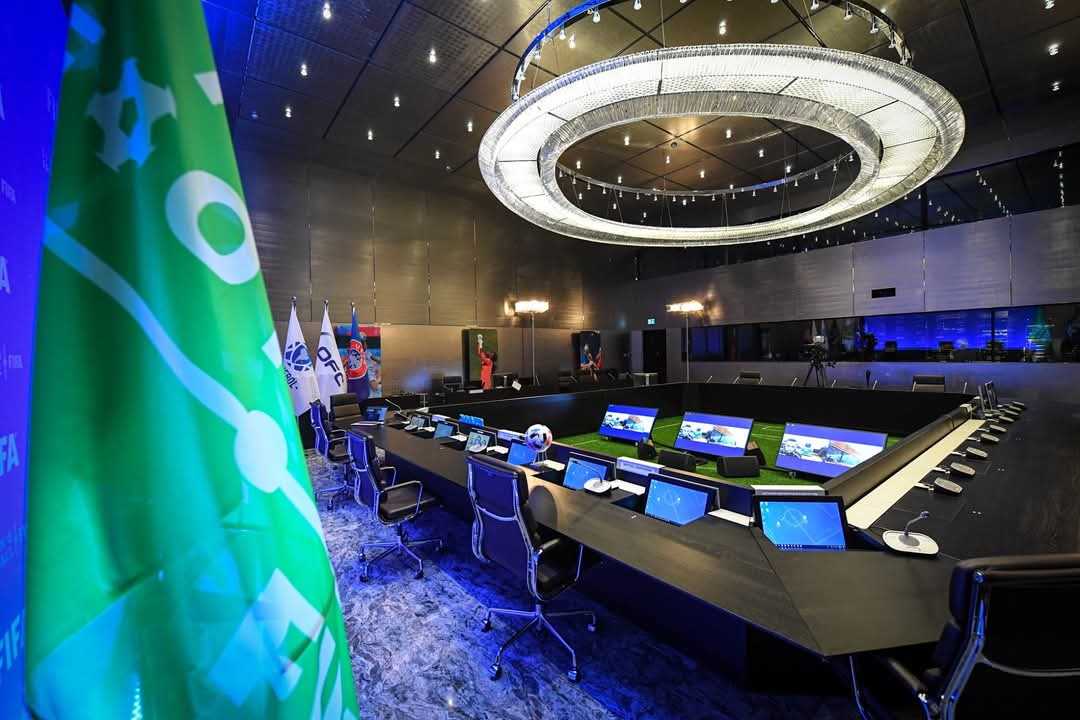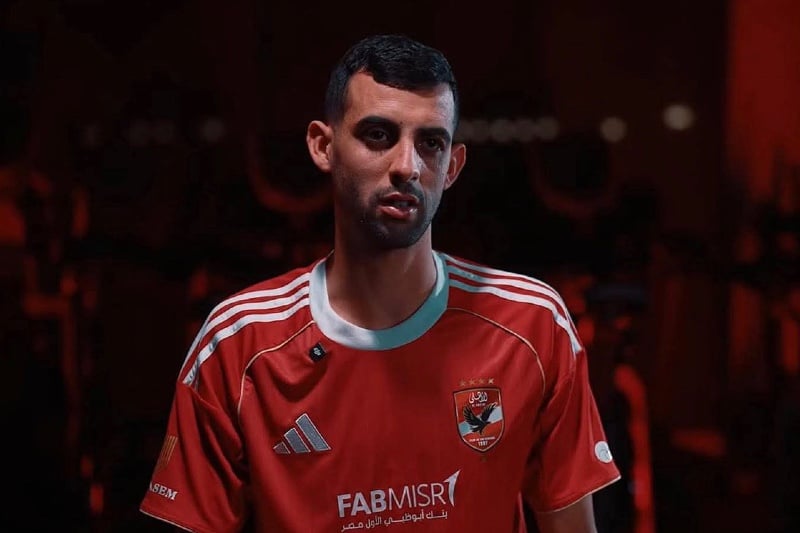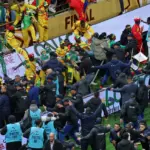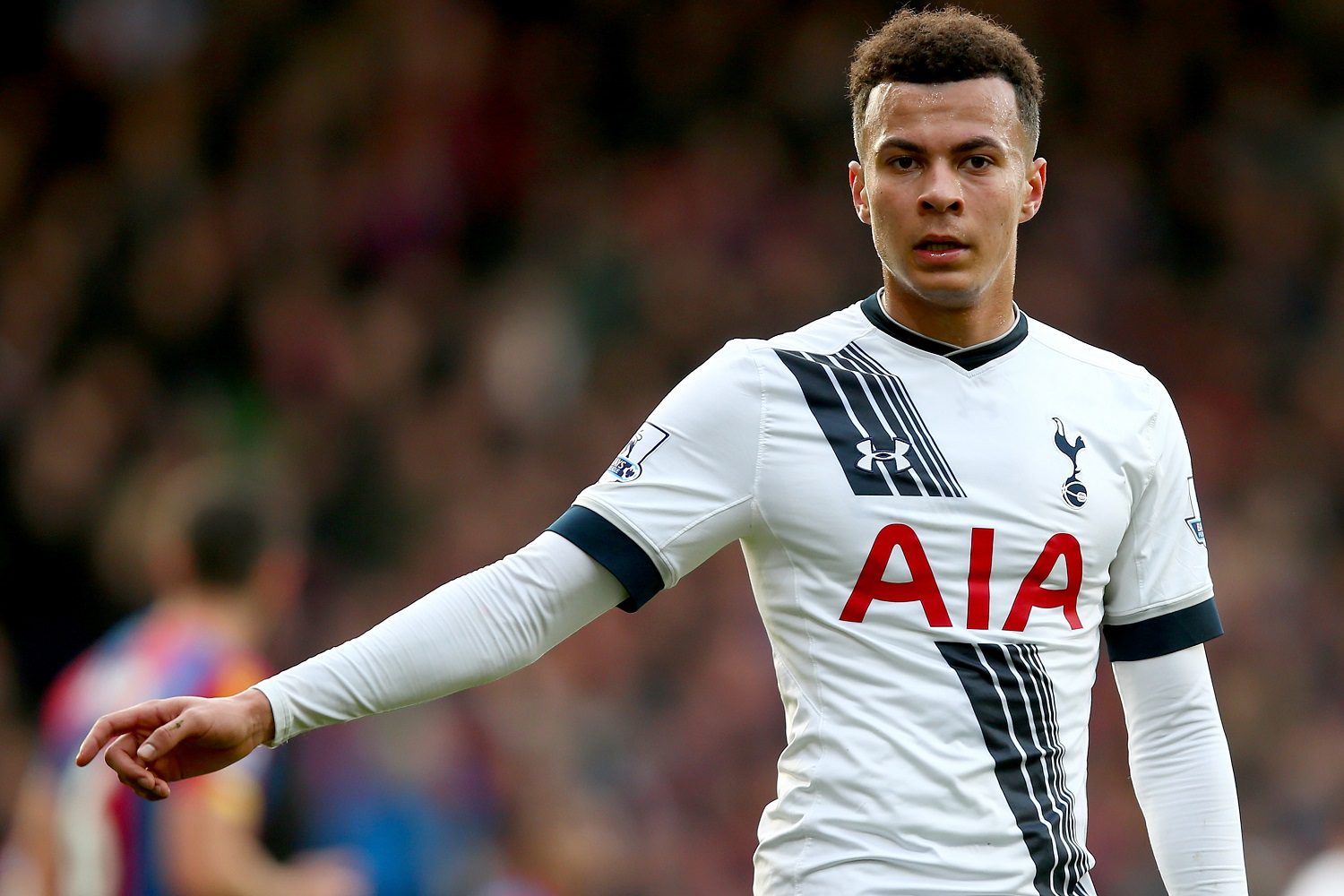12 FAs defy COSAFA-CECAFA voting pact for FIFA Council elections, want stronger representation

At least 12 African football federations have decided to defy a pre-election pact between the Council of Southern Africa Football Associations (COSAFA) and the Council for East and Central Africa Football Associations (CECAFA) for the upcoming FIFA Council elections, AfricaSoccer.com can exclusively reveal.
Despite the two regional blocs endorsing Zambia’s Andrew Kamanga and Djibouti’s Souleiman Hassan Waberi in a communique yesterday, multiple sources confirm that at least 12 federations will vote independently for candidates they believe will actively champion Africa’s interests at FIFA.
More than ten African candidates will be fighting for Fifa Council positions at the Elections in Cairo next month, which has sparked a mass scramble for votes.
This means 12 FAs will not obey the pact that is also not biding on them, insisting they will vote for their preferred candidates.
This defiance highlights growing dissatisfaction with traditional bloc voting, with some federations arguing that FIFA Council representatives must be selected based on merit and their ability to advocate effectively for Africa rather than regional allegiance, insiders at various federations have told AfricaSoccer.com on condition of anonymity.
The major beneficiaries of this voting rebellion are those candidates that are not part of the pact but have a reputation for fighting the African cause.
The revelation means the COSAFA-CECAFA pact, backing from regional blocs, or official endorsements will not necessarily translate into votes.
The decision by some federations to break ranks could mark a shift in how Africa engages within FIFA.
Historically, regional bloc endorsements have been used as a means of consolidating power, but critics argue that such arrangements do not always serve the continent’s best interests.
By voting based on individual merit rather than regional allegiance, African federations could ensure that their representatives in FIFA genuinely fight for increased funding, fairer tournament allocations, and stronger decision-making influence.
This approach could also counterbalance the influence of external forces that have long shaped African football politics.
Many of the defiant federations believe that assertive, globally connected leaders can secure Africa better opportunities within FIFA.
Those with the track record of pushing for increased African representation at the World Cup and fighting for greater revenue distribution are attractive choices for those prioritizing the continent’s football development over regional politics.
As election day approaches, the defiance of these 12 federations could significantly alter the outcome of the FIFA Council elections.
If the bloc voting strategy weakens further, it could open the door for more candidates with stronger global credentials and advocacy skills to rise to FIFA’s decision-making table.
For African football, this could be a turning point—shifting from regional politics to a merit-based approach that ensures the continent’s interests are aggressively pursued at the highest level of the sport.




